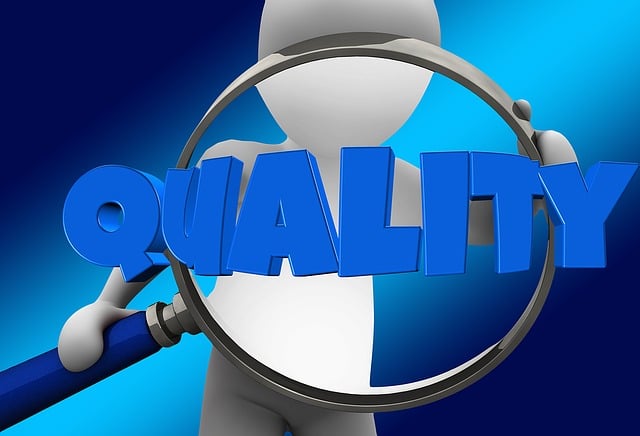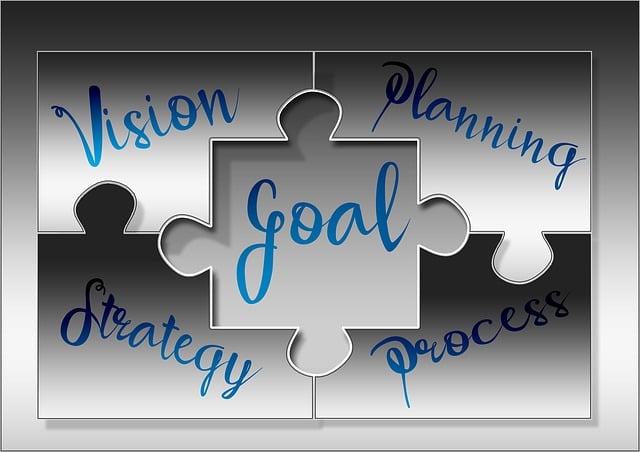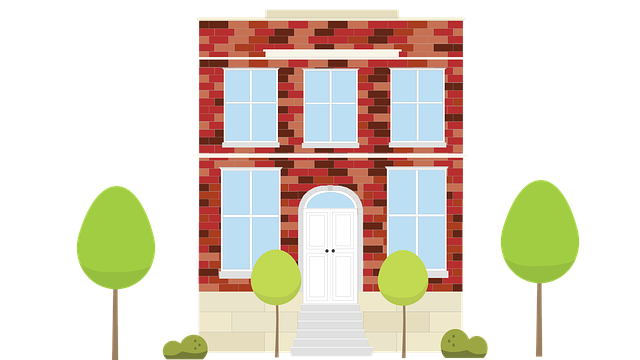Buying a home with mold damage is risky as it often hides in sealed spaces, complicating initial inspections. Transparency is key for sellers—disclosing known mold issues is crucial. Buyers should review disclosures, consider professional inspections, and promptly address mold to protect health, reduce costs, and improve selling prospects. Understanding legal disclosures and the remediation process is essential when considering a house with mold damage.
Buying a home with hidden mold damage can be risky. This comprehensive guide explores the intricate process of navigating real estate transactions involving mold. We delve into understanding the potential health hazards associated with mold, evaluating these risks for buyers, and discussing legal considerations and remediation processes. By arming yourself with knowledge about selling a house with mold, you’ll make informed decisions and protect your investment.
- Understanding Mold Damage Risks in Real Estate
- Evaluating Potential Health Hazards for Buyers
- Navigating Legalities and Remediation Process
Understanding Mold Damage Risks in Real Estate

Buying a home with mold damage presents significant risks for potential homeowners. Mold is a common issue in many real estate properties, often hidden behind walls, under floors, or within sealed spaces, making it difficult to detect during initial inspections. When a house has visible signs of mold growth or a history of water damage, it’s crucial to assess the extent of the problem before proceeding with the purchase.
In terms of selling a house with mold, transparency is key. Sellers must disclose any known mold issues in the property’s disclosures. Buyers should thoroughly review these documents and consider scheduling a professional inspection to better understand the scope of mold damage. Addressing mold problems promptly and effectively can help protect buyers from potential health risks associated with prolonged exposure to mold spores and mitigate future costs related to remediation.
Evaluating Potential Health Hazards for Buyers

When considering buying a home, especially one that might have mold damage, evaluating potential health hazards is crucial for buyers. Mold can grow hidden behind walls, in basements, or under flooring, making it hard to spot during initial inspections. However, certain signs like musty smells, visible water stains, and warped floors could indicate its presence. Buyers should request detailed information from the seller about any known mold issues, including when they were discovered and if remediation efforts have been conducted.
Professional home inspectors can also help identify mold by checking for elevated spore levels, air quality issues, or structural damage caused by moisture. It’s important to understand that while some molds are harmless, others can produce toxic spores that may lead to health problems like respiratory issues, allergies, and even neurological disorders. Therefore, addressing potential mold hazards before finalizing the purchase is essential to protect buyers’ well-being.
Navigating Legalities and Remediation Process

When buying a home with mold damage, understanding both the legalities and remediation process is crucial. If the mold issue was properly disclosed by the seller during the initial inspection or sale process, it can impact the negotiation and purchase terms. In many areas, sellers are legally required to reveal known mold problems to potential buyers, which can affect the overall agreement and avoid future disputes.
The remediation process involves containing and removing the mold to ensure a safe living environment. It’s essential to engage professionals specializing in mold cleanup who follow industry standards and guidelines. This might include steps like identifying the source of moisture, implementing temporary solutions to prevent further growth, and thoroughly cleaning affected areas with specialized equipment. Proper documentation of the entire process is vital for both parties, as it demonstrates due diligence and provides evidence of the remediation efforts undertaken.














